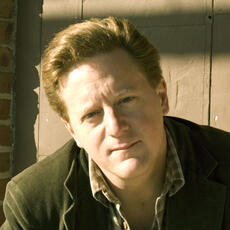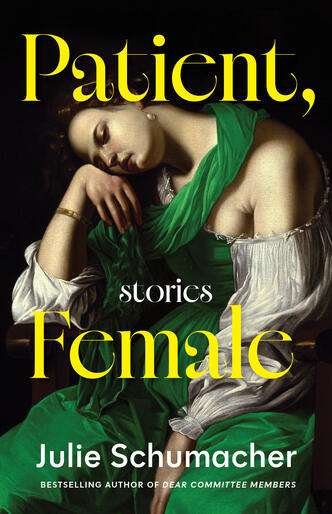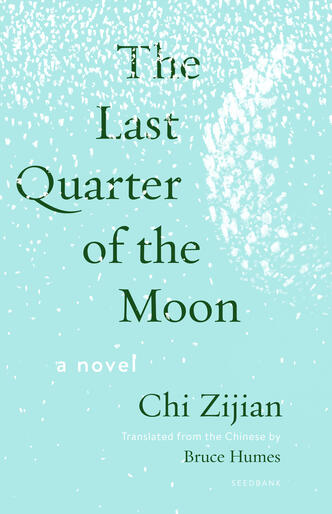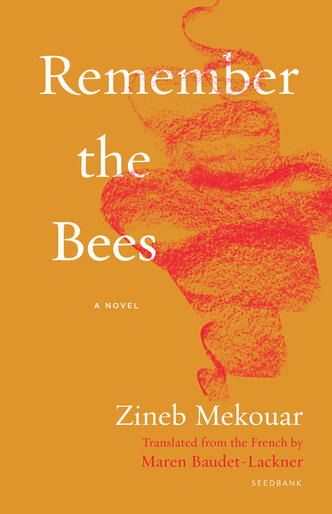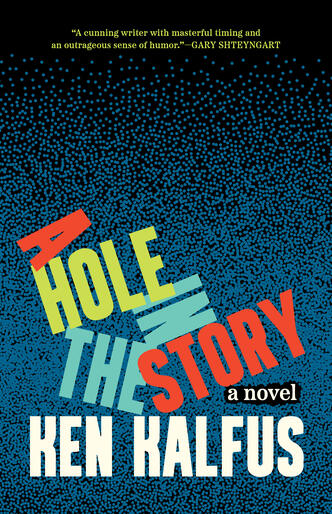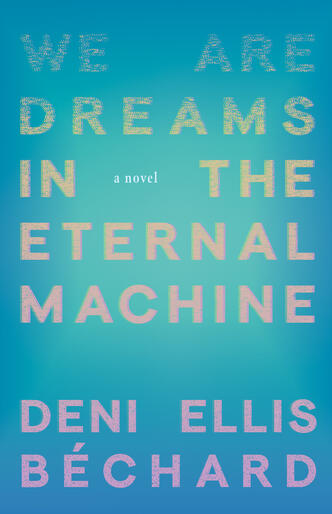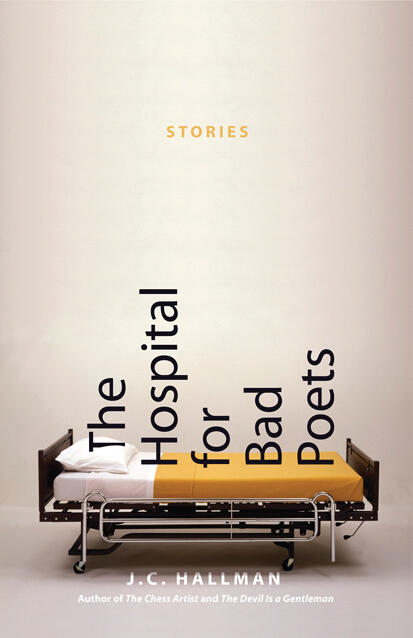
The Hospital for Bad Poets
Full of cryptic twists, philosophical quandaries, and fabulist turns, the stories in The Hospital for Bad Poets are modern riddles with no easy answers—from a writer who “reconfigures our everyday errors and flaws into deeply affecting fiction” (New York Times).
Lusty and literate, these tales feature characters caught in attenuated realities and flirting with disaster. An alienated young man discovers the meaning of love in the pages of the biology textbook The Conjugal Cyst, and in the arms of two increasingly unavailable older nurses. A mother and son witness a father’s backyard fling with a disturbed neighbor who has pruned a leafy cave out of the dividing hedge. A young couple’s romantic consummation is repeatedly interrupted by the intrusion of a narrator commenting on the phenomenon of eroticism.
Quoting Nietzsche in one story—“In all things, however, you act too familiarly with the spirit, and you have often made wisdom into a poorhouse and a hospital for bad poets”—J. C. Hallman’s hapless everymen ride multiple layers of meaning at once, ransacking the belles lettres, dubious science, and stilted history of the past to corner relevance in the twenty-first century.
